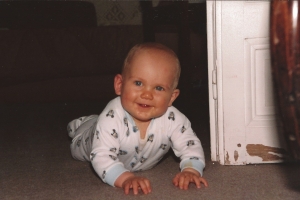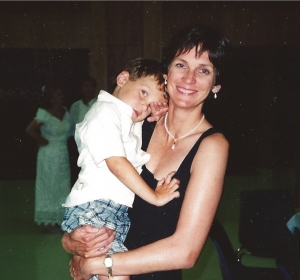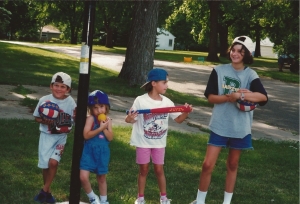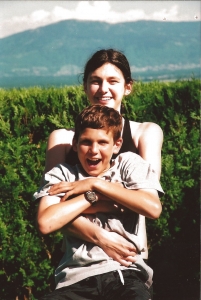 Yesterday evening, we did not watch TV…
Yesterday evening, we did not watch TV…
We woke this morning to the alarming headlines: Paris Under Fire, President Holland Declared State of Emergency. In the deadliest attack since WWII, over 120 people were slain simultaneously during terrorist attacks at 6 different locations in Paris. Like most people our first reaction was disbelief, then horror, then concern for the safety of our family and friends living in Paris.
We have personal ties to Paris, a place we called home for over a decade during the 80s. Our children were born in the City of Lights. Our French family members still reside there, as do old friends. Terrorists tarnished the image of gay Paris when they gunned down young and ordinary people on a leisurely Friday evening dining at local cafes, listening to a rock concert and watching a football match.
Stunned as we watched the newsreel unfold, I insisted, “Call him.”
One of my husband’s best friends and family live within a stone’s throw of the targeted local restaurants, Little Cambodian, La Belle Equipe, and Carillon and Casa Nostra cafés and the Bataclan, the celebrated concert hall where the greatest number of victims were methodically slaughtered among the 1500 spectators of an American rock band performance.
When our friend answered the phone, we both breathed a sigh of relief; his apartment was situated in the center of the deadliest attack on French soil.
“My wife and I have breakfast every weekend at the Bataclan cafe,” he told my husband.
During the night of terror, gunshots and sirens flared outside their apartment, a night of despair knowing their 3 daughters were out in town, unable to get home until early hours of the morning.
The attack was systematic and precisely executed. The greatest massacre occurred in the Marais, a trendy district in 11th Arrondissement. It is traditionally a Jewish area: our friend is of Jewish descent. It might not be a coincidence that the Marais was targeted.
When the revelers tried to escape the concert hall out the back door into the alley, a man armed with a Kalashnikov was waiting to gun them down. Video footage shows other young people hanging for the windows in attempts to flee.
Within the hour other kamikazes attacked outside the Stade de Paris in St.Denis, a stadium packed with 80,000 football fans watching France against Germany. Luckily that assailants were unable to enter the arena or the death toll would be far worse.
Waves of sadness wash over us, making our hearts heavy and limbs weak. As in the aftermath of 9/11, we are reminded it no longer matters if it is an American trade center, a French concert hall, a Russian plane, or an Egyptian resort, all of us who value democracy including peaceful Muslims are at risk.
Our initial reaction of concern for the safety of our immediate family and friends offers no relief in knowing they are okay, instead a free-floating anxiety, unnerving impotence and imperceptible grief reigns.
A noxious fear permeates our souls. Our only certitude is knowing that regardless of our nationality, race or religion, we are all vulnerable in the age of terror. Though we may not be related by blood nor share the same language and culture, we are united by our respect for freedom and democracy.
Today our beautiful City of Lights is plunged in darkness. Liberty, equality, fraternity must prevail.






















